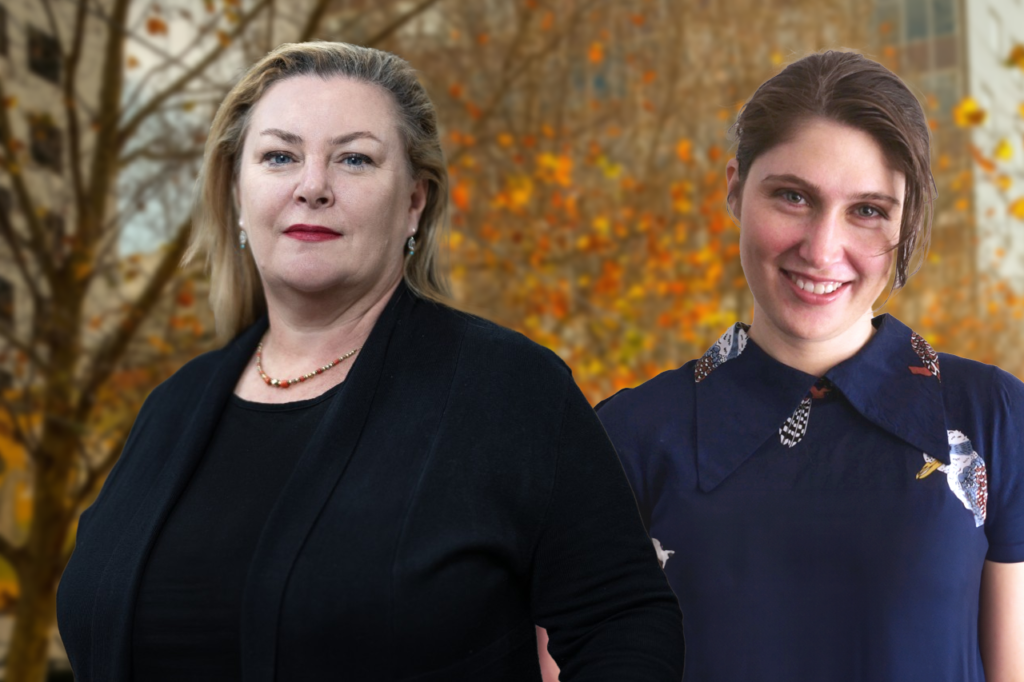
You are invited to the next School of Computer Science seminar co-hosted by the Digital Wellbeing Lab.
The MedTechVic hub – from pandemic response to sustainable change
Professor Rachael McDonald,
Director, MedTechVic Hub, Swinburne University of Technology
Abstract:
MedTech Vic is an initiative originally funded by the Victorian Government to seed fund co-design of health technologies. The fund was set up during the pandemic to support universities to develop new and untapped areas that are likely to lead to jobs growth. The aim of the co-design process is to provide user-focussed solutions that are locally sourced, innovative, useful, and useable, co-created and co-evaluated but also desirable for the end user. There are approximately 3.9 million people living with a disability in Australia and approximately 4.2 million of us are aged over 65, many of whom will need technologies to support participation, leading a dignified life and accessing education, work and communities. Traditional technologies are often either retrofitted to people with different needs or designed by people with a view of function over participation.
We have developed a framework that includes co-design opportunities at all levels, including ‘blue sky’ as well as pragmatic and short-term solutions. We have a multidisciplinary team, including product design, health, engineering, and we reach into the rest of Swinburne University of Technology to ensure that we can address the challenges offered. The framework consists of an Enabling technologies platform, to provide physical space . The Living AT facility is a co-designed co-creation space which is configured for maximum flexibility and accessibility. Conducted in these facilities are a user engaged, research lead and industry enabled Challenge Program, where end users pose challenges that are then workshopped in co-creation challenge workshops. These workshops then lead to the development of prototypes. The prototypes can be physical products, digital solutions or supports and services.
Two further elements are essential – firstly a clinical innovation program, which is an 8 week program developed for allied health professionals and clinicians with the aim of creating a network of people to advise companies on co-design from a clinical standpoint. From our first 3 cohorts, we have 3 prototypes, and are adapting the program for early and mid career researchers to commercialise their products. Underpinning it all is the development of a skills program and lived experience network; developing a network of people with lived experience who can consult on every stage of development of products and services to explore best practice. When co-designing with end users at all stages, products and services that re able to address a real, rather than an assumed need is paramount.
At this seminar, we plan to present framework surrounding the development of MedTech Vic together with the learnings gained from working with non-traditional collaborative partners, and invite participants to share their experiences.
Bios
Professor Rachael McDonald is a highly accomplished academic, clinician and teacher with a passion for innovation through change. She brings together industry, academic, engineers and designers together with end-users of technology to co-design, co-produce and co-create innovative assistive technologies that are desirable, fit for purpose and effective. She has received over $12m in competitive grant funding and generated over 140 publications, including 70 peer reviewed journal publications and 13 books or book chapters. She has 10 current higher degree by research students and has previously supervised 23 timely completions.
Hana Phillips is an experienced occupational therapist who recently completed her PhD at Swinburne University of Technology. With a background in adult rehabilitation and inclusive technology, she developed a keen interest in exploring collaborative and human-centred design practices for assistive technologies. Her research focuses on improving interdisciplinary collaboration between design professionals and occupational therapists, guided by individuals with firsthand experience of disability. Through her PhD work, she is deeply committed to understanding how design principles, particularly user-centred design and design thinking, can enhance the effectiveness of assistive technologies, promote personal independence for assistive technology users, and reduce long-term abandonment.
Details:
| Location: | QUT Gardens Point Campus, B Block, Room B124 [link to map] |
| Start Date: | 11/10/2024 [add to calendar] |
| Start Time: | 10:30am |
| End Date: | 11/10/2024 |
| End Time: | 11:30am |
| Organiser: | School of Computer Science and Digital Wellbeing Lab |